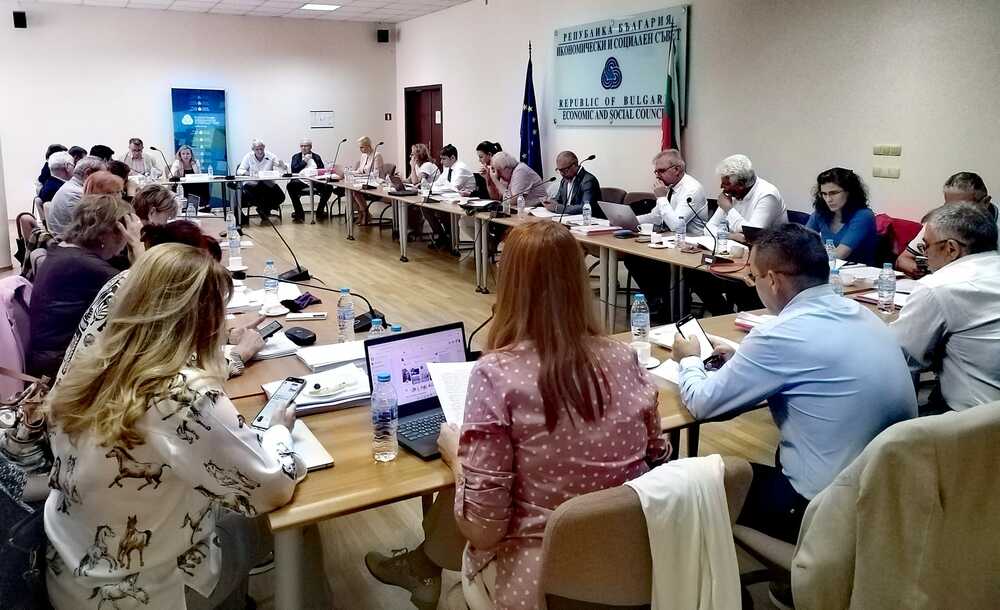site.btaEconomic and Social Council Identifies Education System Deficiencies, Makes Recommendations


Different schools have different learning standards and enjoy different levels of prestige in society as parents and students are convinced that some schools offer a better quality of teaching than others. Educational inequalities exist in Bulgaria due to income inequalities, ethnic differences and the varying socioeconomic levels of the learners' families. These are some of the conclusions drawn by the Economic and Social Council (ESC, an advisory body for the government) in an analysis on inequalities in education and their impact on the labour market. The analysis was made on a proposal by the President's Administration.
According to the report, more than 16,000 children in Bulgaria live in villages where there are no kindergartens, which puts a major hurdle to their access to education and care in the early years of their life. The ESC points to a lack of a nationally accepted mechanism for long-term municipal-level planning about the needs related to child care services. The situation is worst in Pazardzhik, where nursery services are available for 9.9% of the kids who need them, and not much better in Sliven (10.1%), Kardzhali and Vidin (14.2% in both places).
About 85.5% of kids in Bulgaria aged 5 years and over are enrolled at pre-school or school education institutions, which is below the average EU level of 96.3% and puts the country among the 10 worst performing member states in this respect.
According to another highlight in the report, the low popularity of vocational education is one of the factors with the strongest adverse effect on the labour market, particularly as regards technology occupations. The ESC recommends integrating data about labour market demand (including necessary skills) into the teaching plans of vocational and higher schools.
The ESC finds it necessary to set aside financial resources for scholarships for students who work under programmes that are recognized as important for the normal functioning of the labour market and various industries.
School drop-out rates remain particularly high in rural areas and among the Roma. About 35% of Bulgarians in the 30-34 age group have completed higher education, which is approximately 10 percentage points below the EU average, the analysis shows.
Seventy-five per cent of employers in this country have difficulty recruiting staff because potential employees lack key competencies and qualities such as initiative and enterprise, digital skills, learning abilities and decent writing and speaking skills. The report recommends encouraging lifelong learning and adopting a law to regulate and promote the acquisition of soft skills.
Hiring teachers is another serious problem. Teachers over 50 years old account for an overwhelming share of all teachers, which means that over the medium and long term their retirement will leave the education system in critical condition, the analysis warns.
/VE/
news.modal.header
news.modal.text